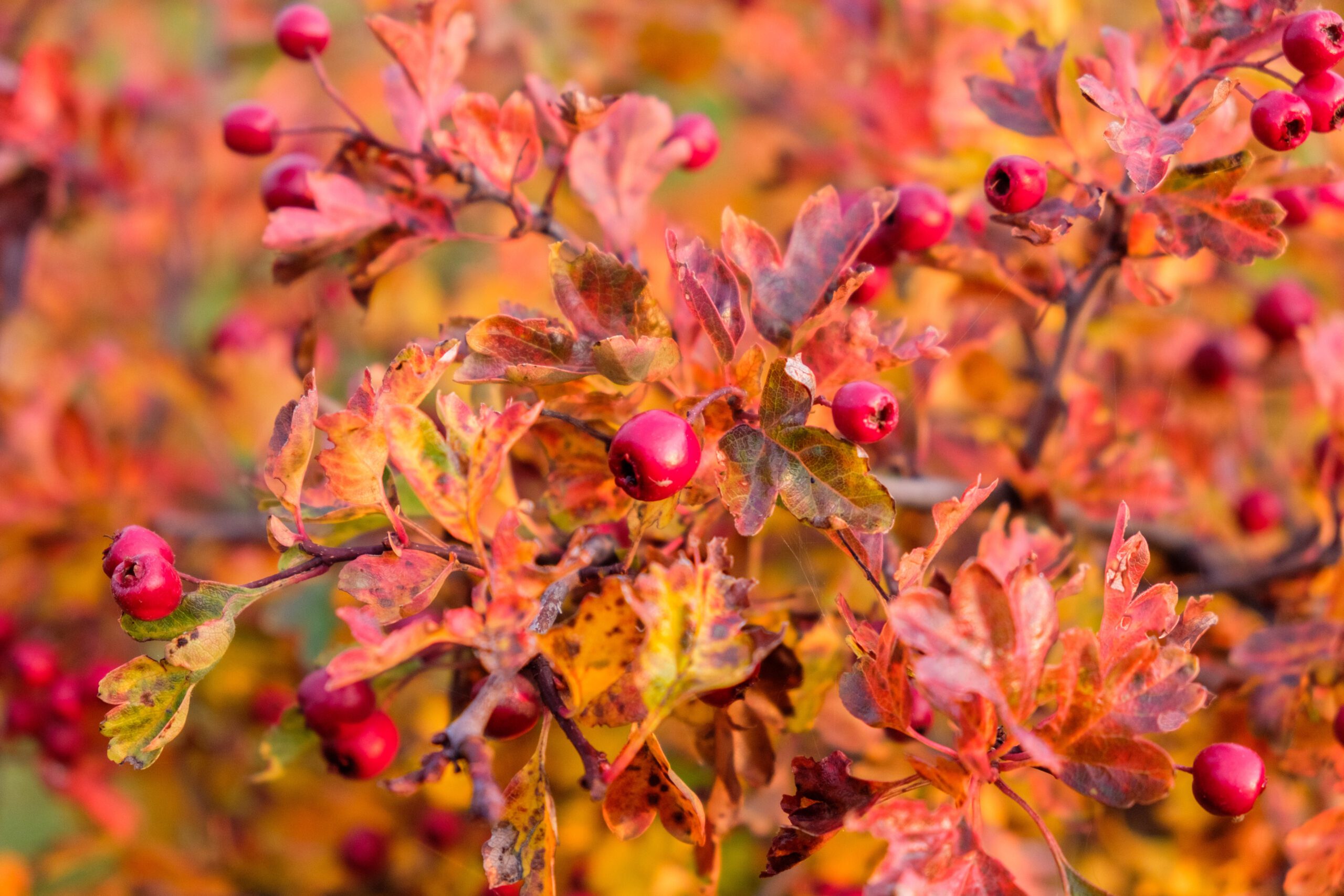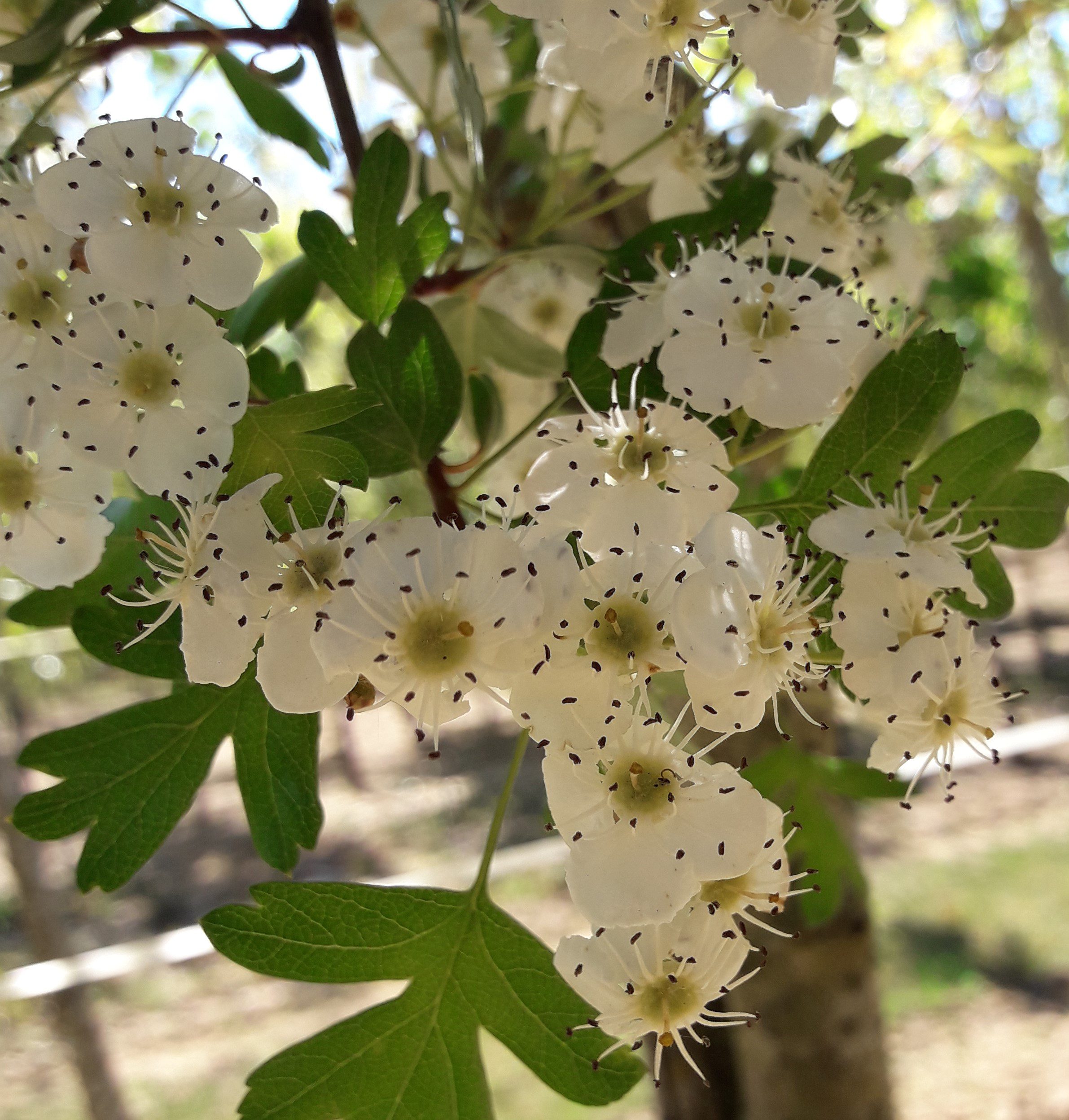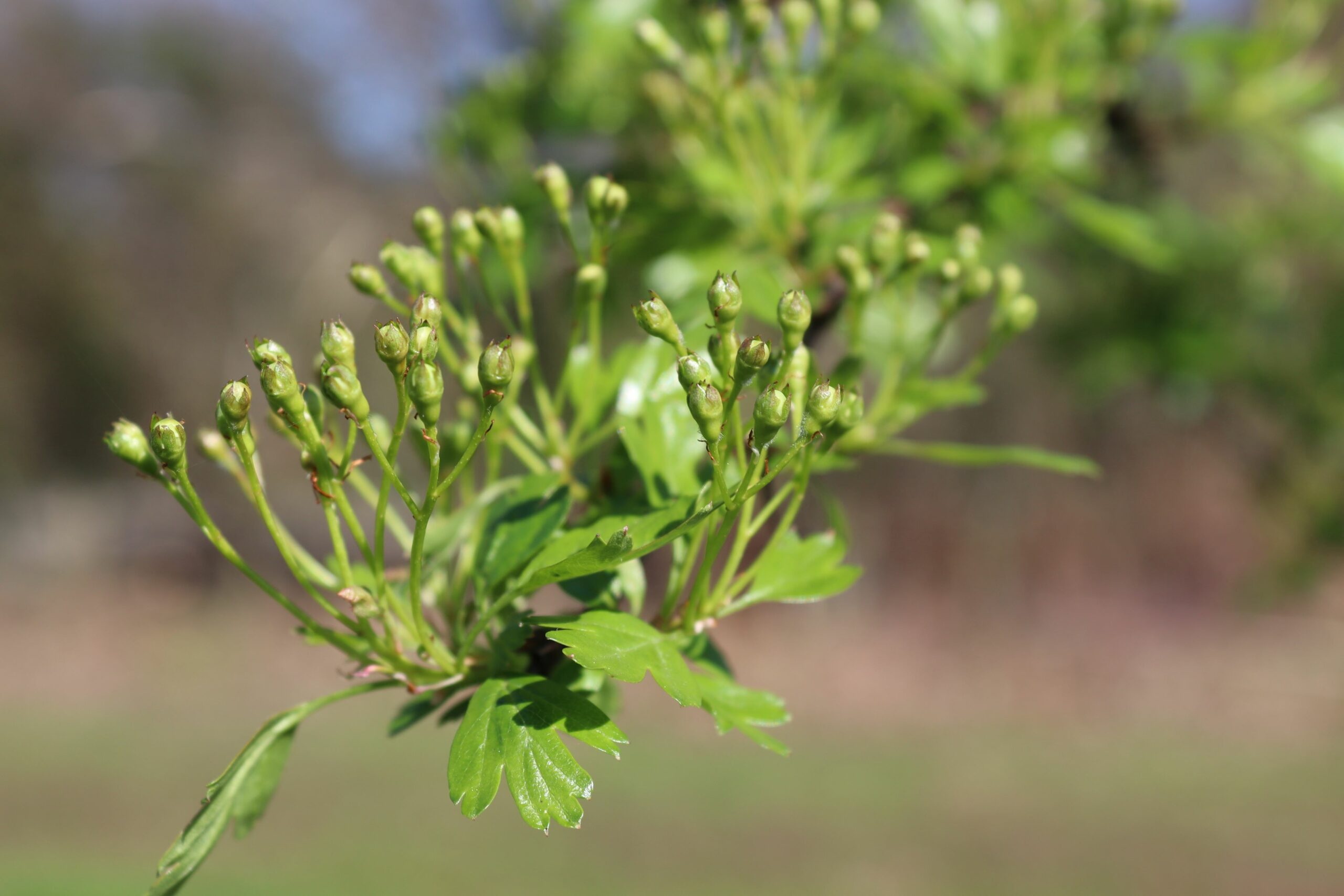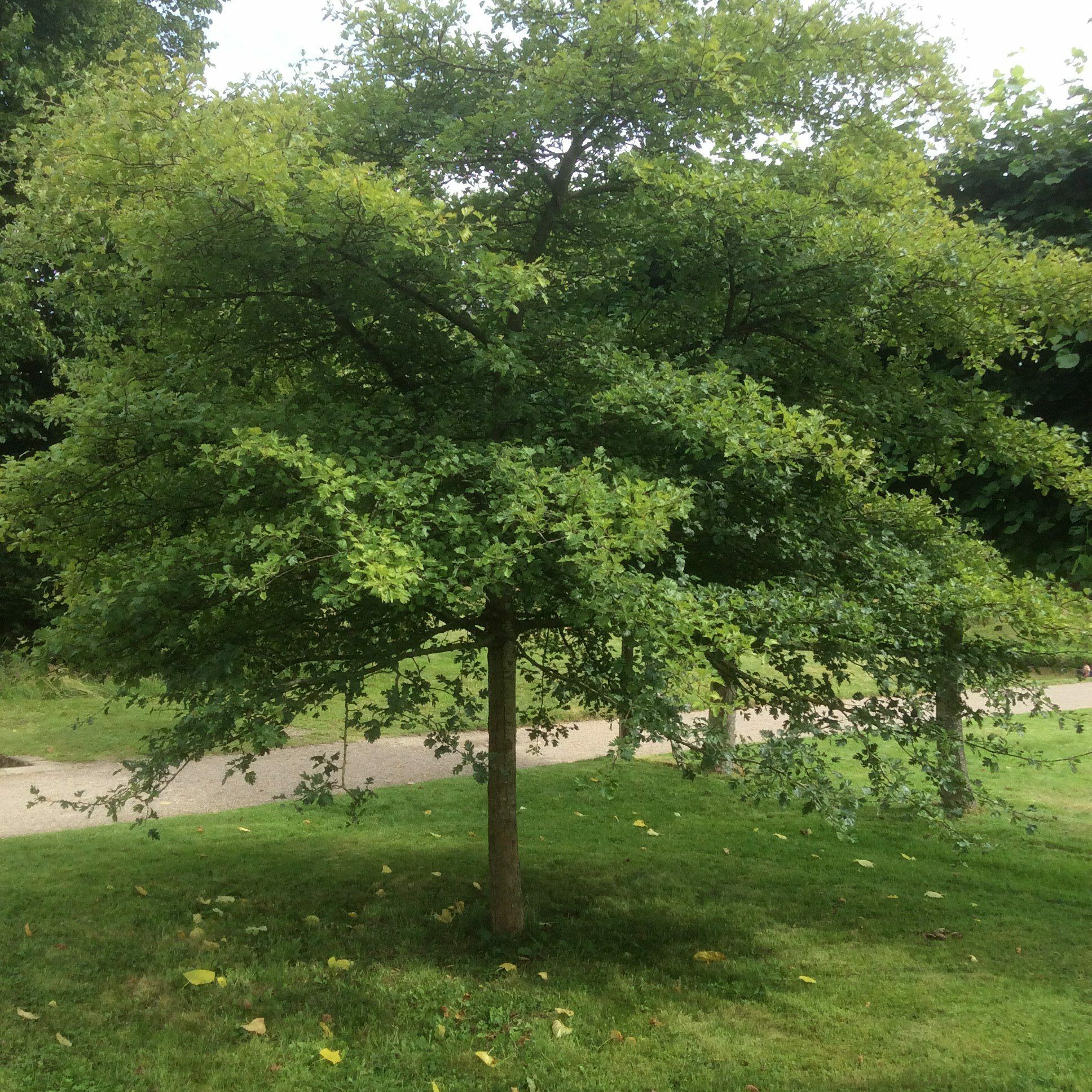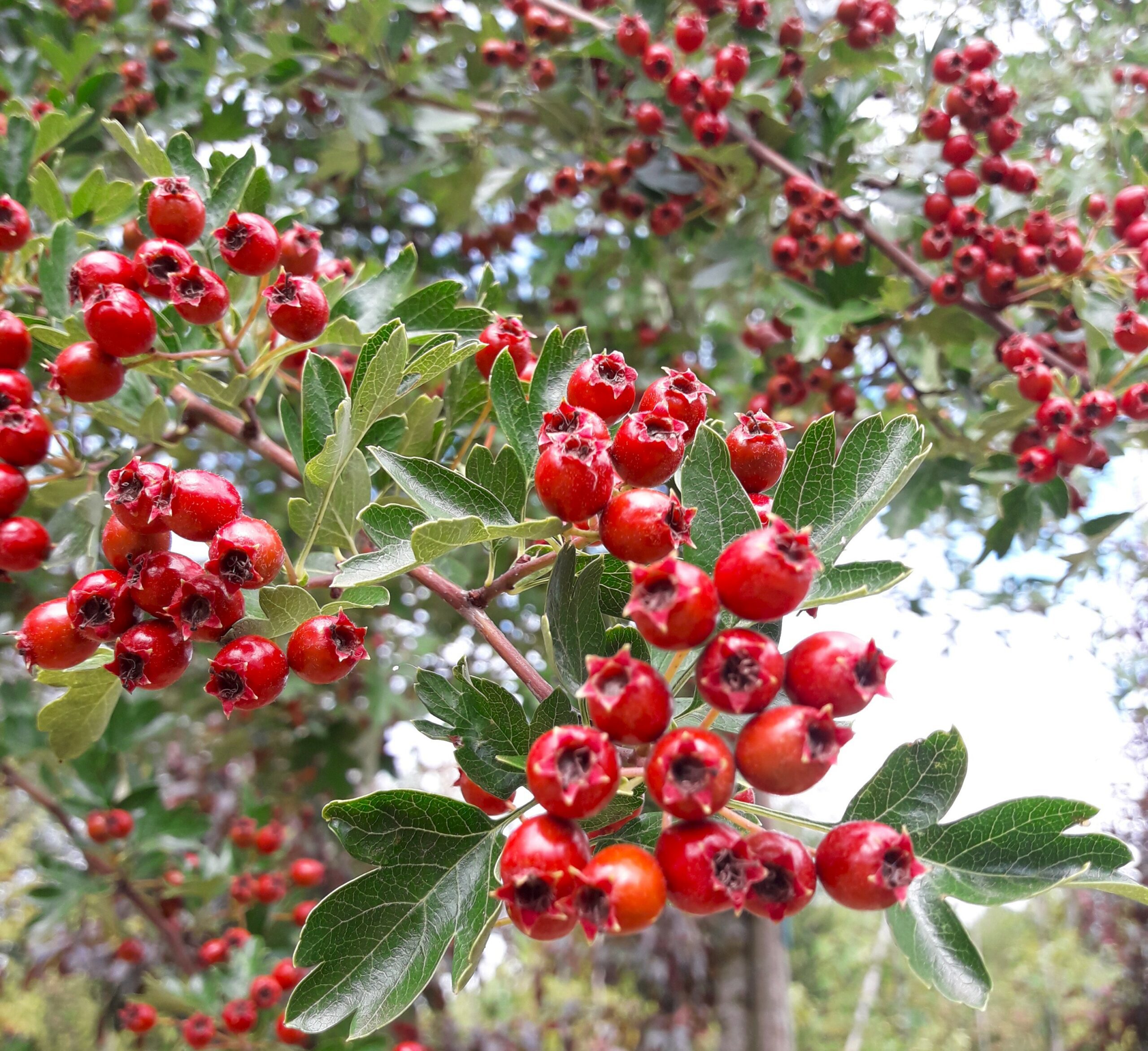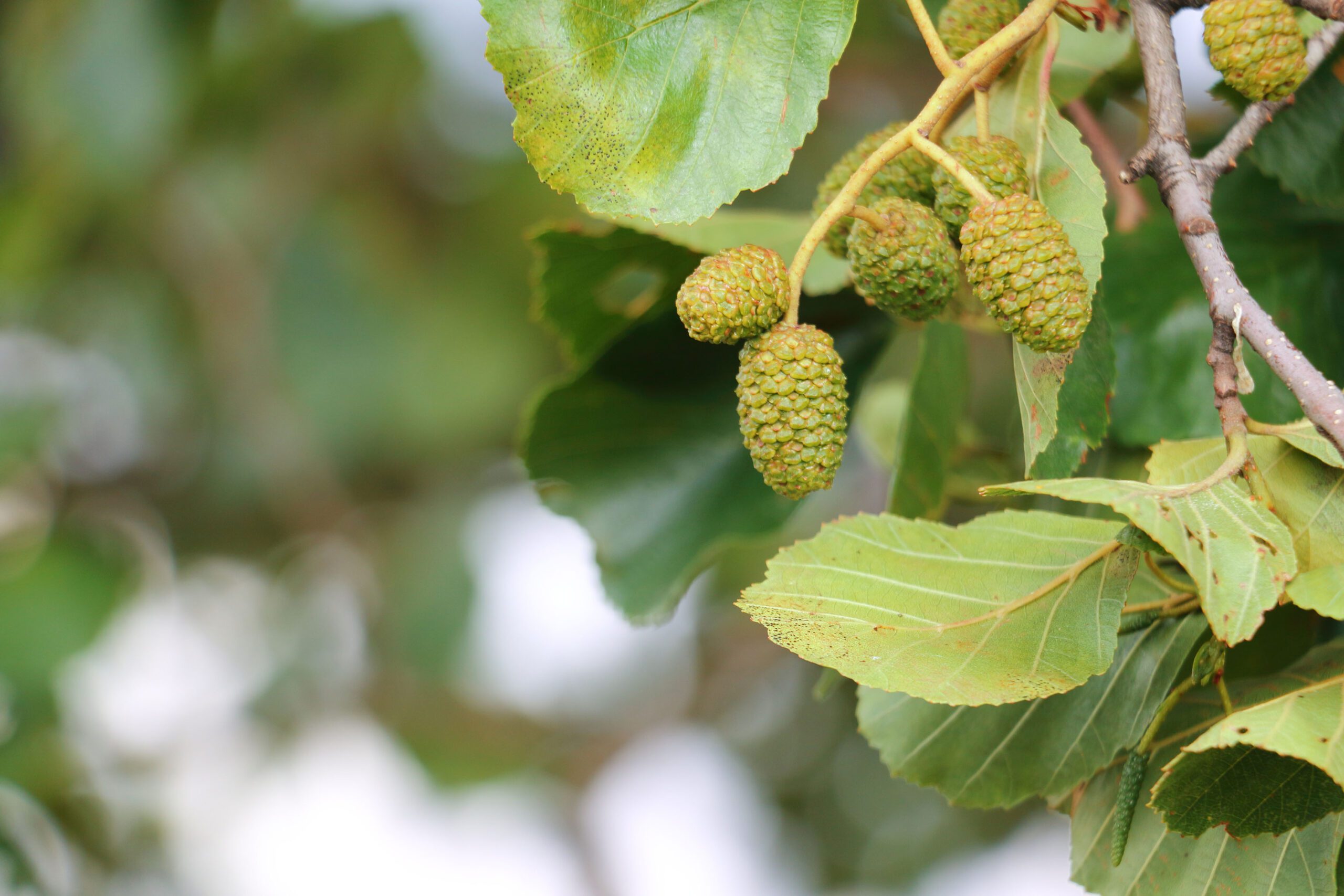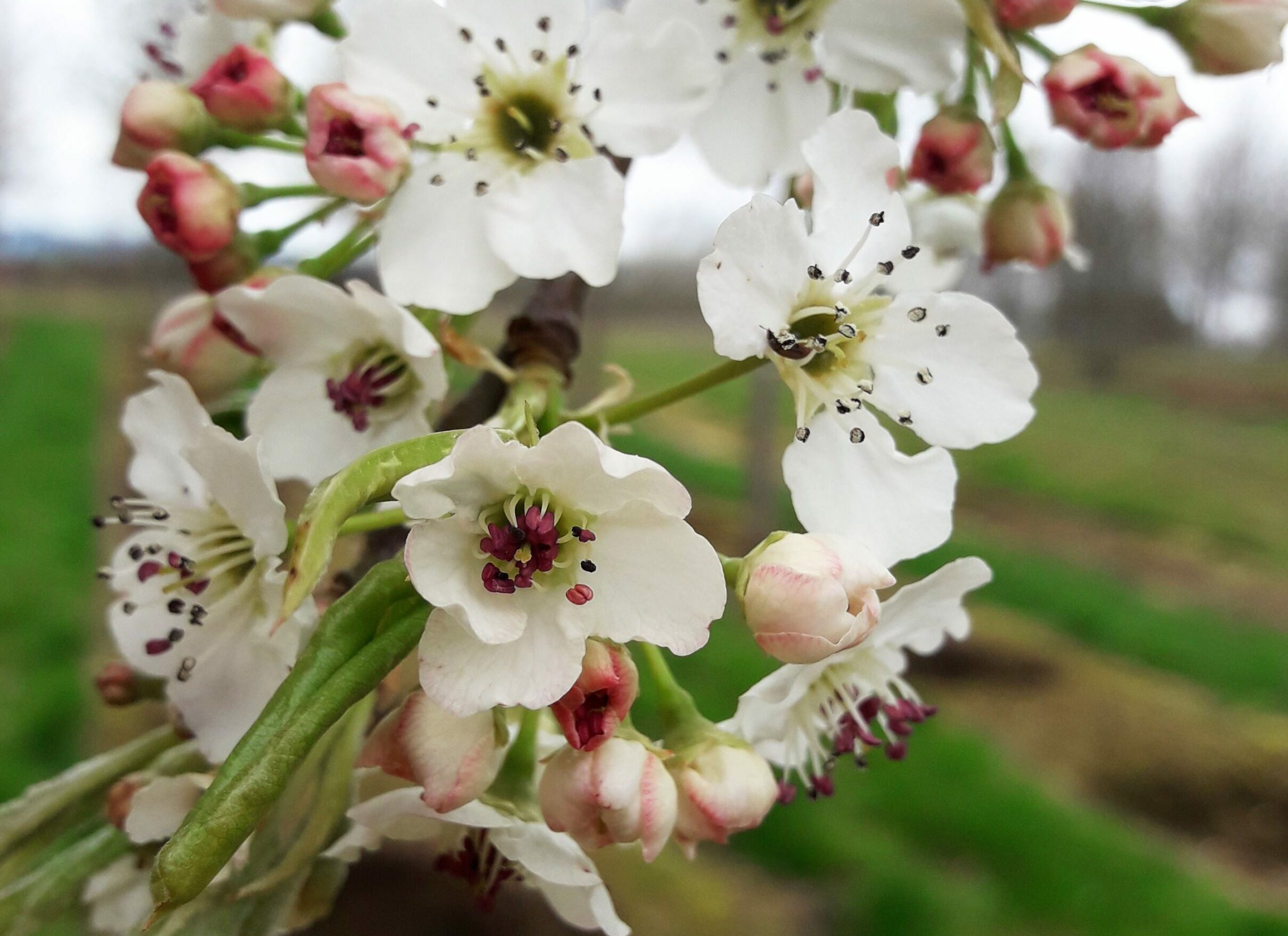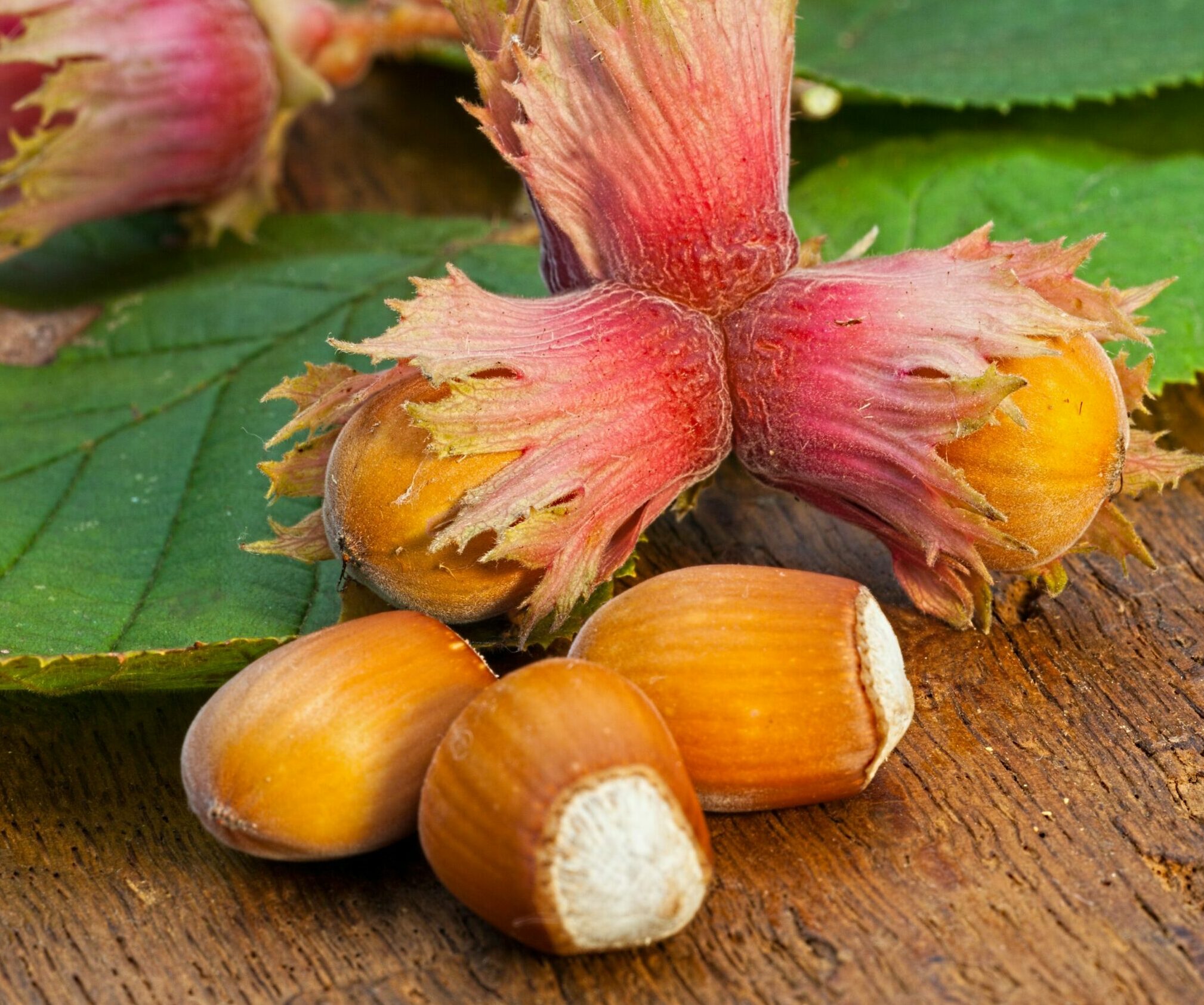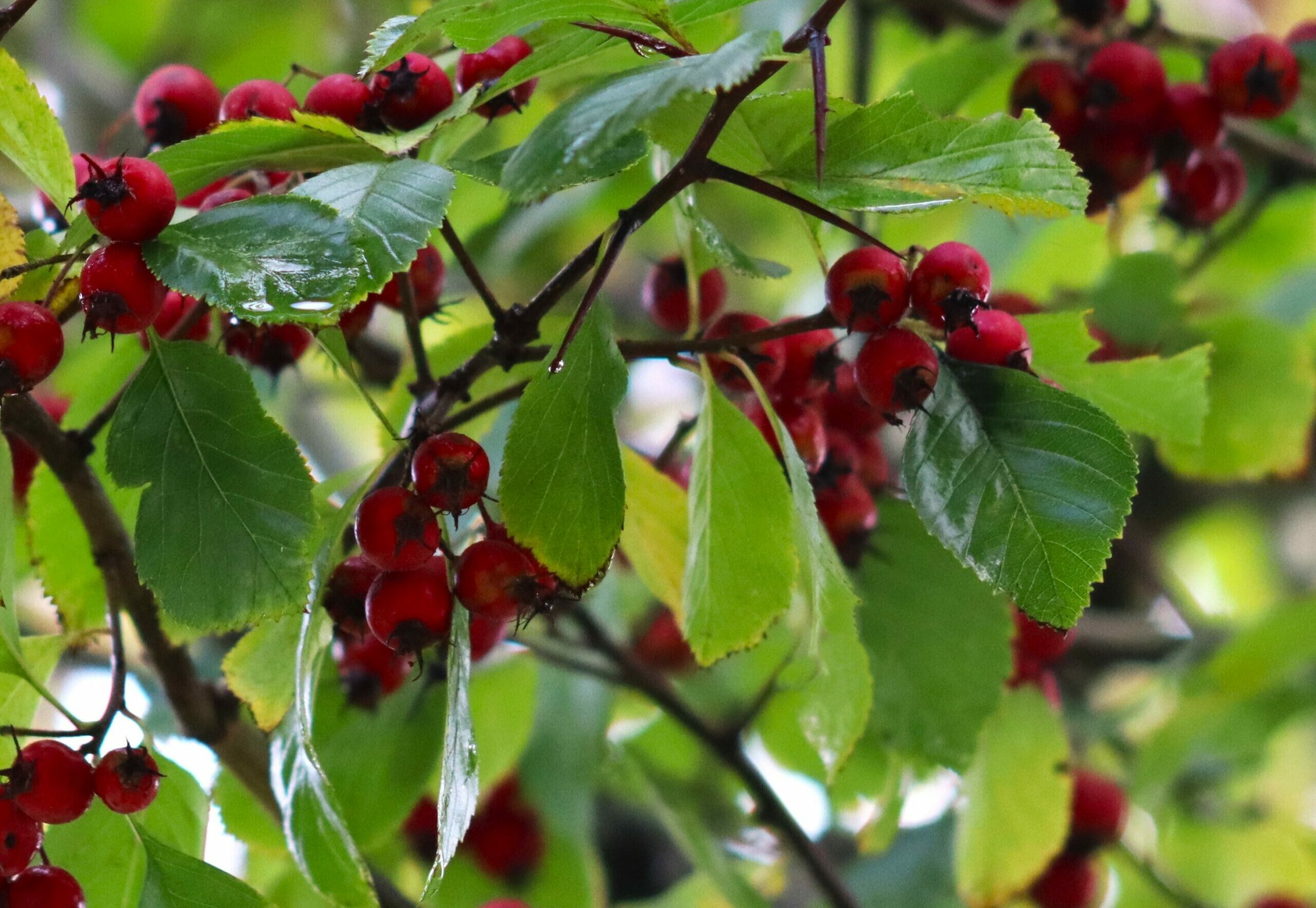Tree Information
Specialities
Tolerances
Wet Soil: High
Dry Soil: High
Lime: Medium
Native to Britain, this tree naturally matures into a compact, rounded tree form. Its robust resilience and capacity for pruning make it a popular choice for hedgerow installations, serving as a vital sanctuary for nesting birds by offering both sustenance and shelter.
In its tree form, it develops a dense canopy that captivates interest throughout the seasons. During spring, its dark lustrous green leaves provide shelter and shade for birds. By May, the tree erupts in a profusion of creamy white blossoms that envelop its canopy, emitting a delightful fragrance that beckons the bees. Traditionally, the hawthorn flowering period signals the onset off warmer temperatures and marks a reliable indicator for the transition from spring to summer: ‘Ne’er cast a clout till May be out’.
Following pollination, the tree bears burgundy fruits resembling clustered berries. These haws, rich in nutrients, become a prize autumnal food for the birds nestled within its protective, thorny embrace. As temperatures begin to drop, the foliage transitions to a warm, yellow hue with some specimens in certain locations showcasing a vibrant display of bronze and golden rust tones.
This remarkable tree serves as an invaluable asset for enhancing urban landscapes while promoting wildlife conservation. Its enduring resilience ensures successful establishment, while its seasonal transformations provide year-round visual appeal. Ideally suited for secluded public spaces, parks and emerging residential developments. It seamlessly integrates beauty with ecological functionality.
Visit our Useful Resources for in-depth guides
Discover guides to help you with specifying your trees, caring for your trees and understanding the weights and dimensions of trees.
Useful ResourcesSize
Small
6m high x 4m wide after 25 years
Environment
Used extensively within hedgerows throughout England. Does well in coastal areas.
Canopy
A small tree with a round, half open canopy. As the name suggests, there are acute thorns running extensively along its many branches.
Foliage
Deeply lobed, dark green and glossy.
Flowers
White fragrant flowers in May.
Fruit
Deep red black haws are produced in autumn.
Resilience
A resilient tree that can thrive in diverse environments. It flourishes in well drained soils, including nutrient deficient and heavy terrains. This tree is tolerant of coastal regions with strong winds, urban pollutants and moist conditions.
Wildlife
Haws serve as a nourishing food source for wildlife and thorns offer a protective haven for its sheltered tenants and other nesting birds.
Make an Enquiry
Enquire below and speak to one of our expert team. For trades only, for general public enquiries click here.
Find Trees For Your Project
View Our TreesSpeak to a Member of Our Sales Team
Make an Enquiry
